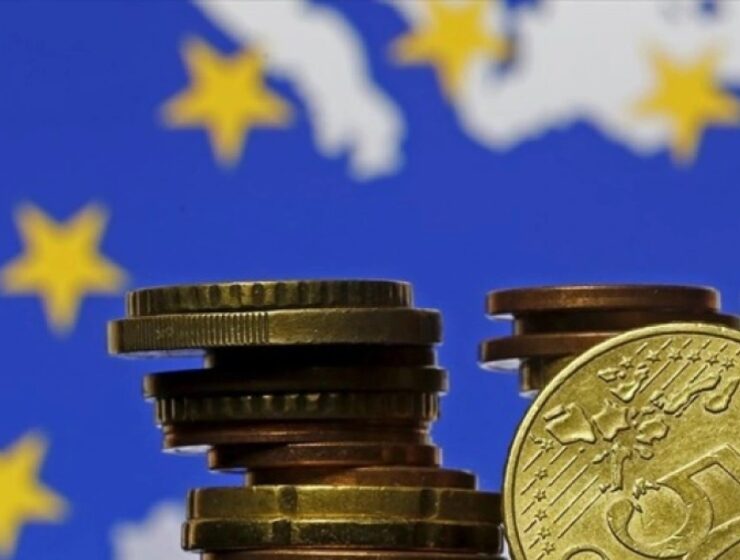Greece reported a record primary surplus of €8.6 billion in 2024, significantly surpassing the target of €4.6 billion. Economy Minister Kostis Hatzidakis attributed the success to increased revenues from reduced tax evasion and stronger-than-expected growth. Looking ahead to 2025, the government plans further tax cuts for the middle class and a focus on microeconomic policies to boost investments, exports, and economic competitiveness.
Tag: GDP growth
The Greek Parliament has approved the 2025 state budget, projecting a 2.3% GDP growth for the year. Prime Minister Kyriakos Mitsotakis emphasized fiscal discipline as key to maintaining economic stability. New banking sector reforms include eliminating commission fees for utility payments and fostering greater competition to benefit consumers.
Greece has emerged as a global economic leader, joining Spain and Italy among the top five performers in 2024, according to The Economist. This marks the Mediterranean region's continued ascent in economic prominence, with Greece's GDP growth, share prices, and reduced unemployment contributing to its high ranking.
Greece reported a primary budget surplus of €13.489 billion for the first ten months of 2024, far exceeding the €4.667 billion target. This performance was boosted by the early collection of €3.241 billion from the Attiki Odos concession contract. The European Commission projects robust GDP growth for Greece, outpacing EU and Eurozone averages through 2026, alongside declining inflation, unemployment, and public debt levels.
The Greek economy is projected to grow at a faster rate than the Eurozone in both 2024 and 2025, with real GDP expected to increase by 2.3% this year and 2% next year, compared to the Eurozone's growth of 0.8% and 1.2%. Inflation rates are also forecasted to be higher in Greece, averaging 2.9% in 2024 and 2.1% in 2025, compared to 2.4% and 2.0% for the Eurozone.
The European Bank for Reconstruction and Development (EBRD) forecasts Greece's economy to grow by 2.4% in 2024 and 2.6% in 2025, driven by strong tourism, private consumption, and investment. Greece's unemployment rate hit a 15-year low, and the country continues to maintain a fiscal surplus. While inflation has eased, core inflation remains high. The outlook remains positive as tourism is set to surpass last year's record performance.
The European Commission's latest report confirms Greece's ability to service its debt, noting strong economic growth and fiscal improvements. GDP growth surpassed the EU average in 2023, with further growth expected. Inflation and unemployment are set to decline, while the banking sector remains profitable. The government is advancing privatization and improving state-owned enterprises' flexibility. Greece's debt sustainability is considered low risk, supported by a substantial cash buffer and market access.
Greece's economy is projected to grow by 2.3% in 2023, exceeding the average growth rate in the eurozone. Private consumption and investment will be the main drivers of growth, but increased investments may lead to higher imports. Economic headwinds such as slowing growth in Europe and global geopolitical issues could impact Greece's output.
Greek Development and Investments Minister Adonis Georgiadis forecast that GDP growth in Greece will exceed…
Greece registered a slight increase in GDP growth at + 2.3% well below the EU…










